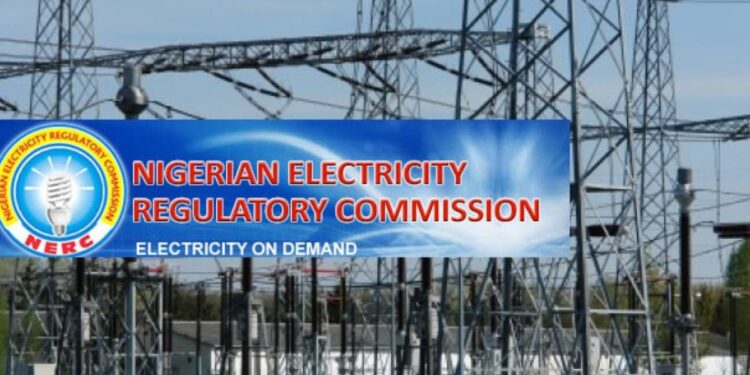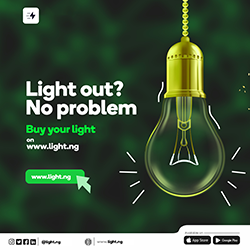Nigeria’s electricity regulator is gearing up to sell Kaduna Electricity Distribution Plc (Kaduna Electric), the nation’s sixth-largest power distribution utility, due to mounting debt woes.
This decision comes less than two years after the company’s takeover by lenders failed to revamp its financial health and profitability.
According to a report by Reuters, a notice by the Nigerian Electricity Regulatory Commission (NERC) shows that the electricity distribution company has a debt of N110 billion ($130 million), owed to various entities, including the Nigerian Bulk Electricity Trader and power generation firms.
Kaduna Electric is one of the 18 successor companies formed after the privatization of the defunct Power Holding Company of Nigeria in 2013, operates in four northern states.
Consequently, the regulator has deemed the company a ‘failing licensee’ and is invoking a recently passed law to dissolve its board.
More Insights
Despite being Africa’s largest economy, Nigeria’s power sector has been grappling with a multitude of challenges.
The 11 power distribution companies in the country find it increasingly difficult to stay profitable due to capital deficiencies and the burden of sub-economic tariffs imposed by NERC.
In July 2022, African Export-Import Bank (Afreximbank) and local lender Fidelity Bank took over Kaduna Electric, but their efforts to rejuvenate its financial performance have faced significant challenges.
Additionally, the Nigerian government retains a 40% stake in the company through the Bureau of Public Enterprises (BPE).
The BPE had previously announced plans to sell off the remaining 40% government stake in electricity distribution companies (discos) and four other assets in 2024.
This move aligns with the government’s strategy to generate revenue and reduce the fiscal burden while attracting increased investor participation in the economy.
The government’s drive to privatize assets in 2024 aims to generate N298.4 billion in revenue.
This approach seeks to tackle public debts while stimulating macroeconomic growth and optimizing investor engagement in the Nigerian economy, as highlighted by the Minister of Finance and Coordinating Minister of the Economy, Wale Edun.
For more insightful blogs like this visit www.blog.light.ng.
Source: Nairametrics.com.






